About
The overarching goal of the Civic Science Fellows Program is to co-create strong, diverse, and inclusive connections between science and civic life.
Science and society are inextricably linked. Increasingly, we are seeing remarkable examples of the power of contemporary science, from gene editing to artificial intelligence to vaccine technology, and we must grapple with the array of political, social, and ethical questions that these advances raise. More and more, too, we are faced with challenges that science must play a role in, but that cannot be solved by science alone—the COVID-19 pandemic has been a stark reminder of this.
There is a clear need for broad public engagement around how we develop and use new scientific knowledge and technology. Science arguably has more potential to impact lives than ever before; at the same time, there are deep inequities in how people are able to access and use science, and determine how it can or should shape personal and societal decision-making. Civic science is an approach to connecting science and society that emphasizes meaningful collaboration between scientists conducting research and the people whose lives could be impacted by it. It strives to create a culture in which science is strengthened through connection to diverse issues and perspectives; people from many walks of life can use, shape, and contribute to scientific knowledge and inquiry; and science engagement is an inclusive environment for public problem-solving, benefit, and discovery.
Practice and Science of Civic Science Advisory Committee
The Practice and Science of Civic Science Advisory Committee helps frame and guide the development of the Civic Science Fellows program. Co-designed with many partners, the Committee helps advance the learning program for Fellows—including prioritizing the range of topics, desired outcomes and competencies, potential speakers and facilitators, and structural elements.
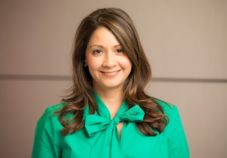
Frances Colón, Center for American Progress
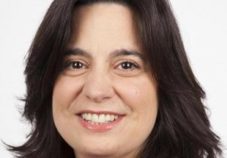
Mariette DiChristina, College of Communication, Boston University
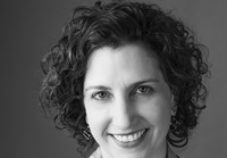
Kirsten Ellenbogen, Great Lakes Science Center
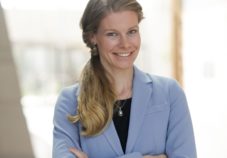
Ágnes Horvát, Northwestern University

Adam Seth Levine, Stavros Niarchos Foundation Agora Institute and Bloomberg School of Public Health, Johns Hopkins University
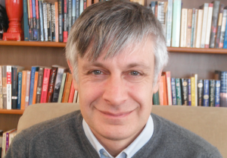
Peter Levine, Tisch College of Civic Life, Tufts University
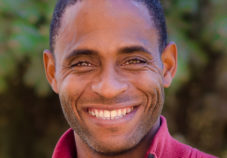
Percival Matthews, University of Wisconsin–Madison
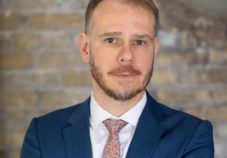
Dietram A. Scheufele, University of Wisconsin–Madison (Committee Chair)
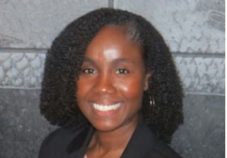
Tiffany Taylor, National Academies of Sciences, Engineering, and Medicine
Advisors to the Practice and Science of Civic Science Advisory Committee
Host Partners
Civic Science Fellows are hosted by innovative institutions and networks working to forge civic science opportunities with diverse communities. They include media organizations, scientific societies, academic institutions, and philanthropies. Host partners work with Fellows so they may contribute as active participants in the intellectual life and work of these organizations.
Funding Partners
The partner funders of the Civic Science Fellows Program provide financial support for Civic Science Fellows and their host institutions, as well as expertise and network resources to help make these partnerships and related future efforts a success.













